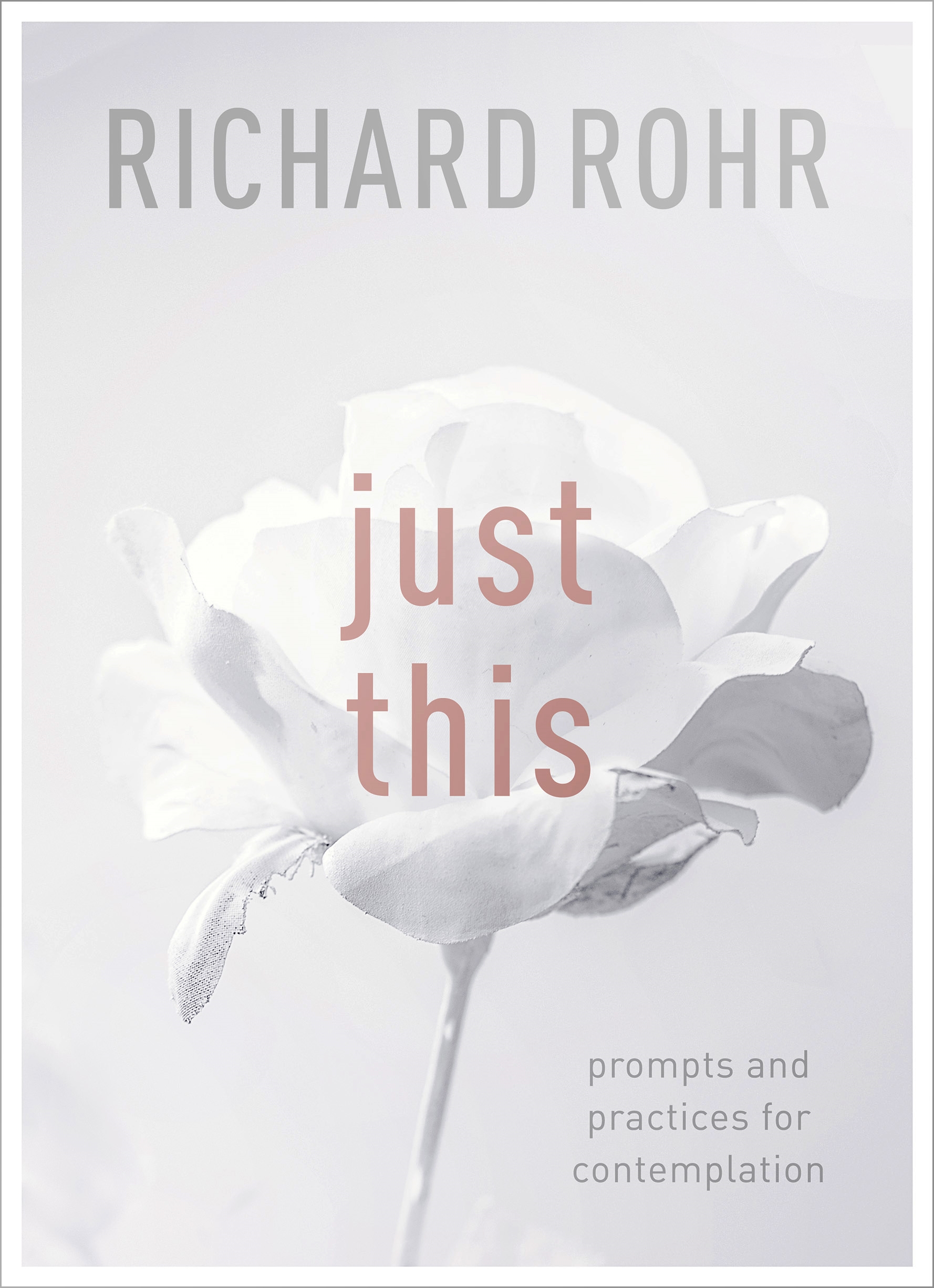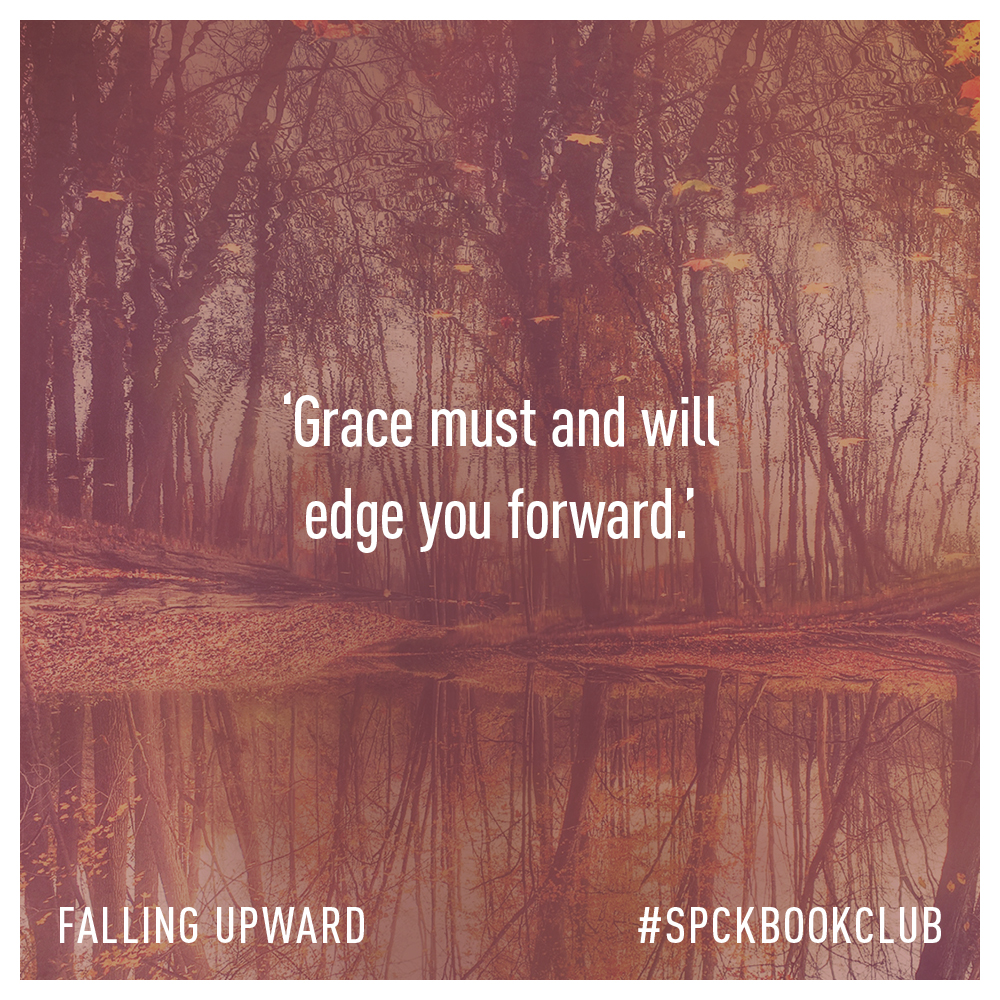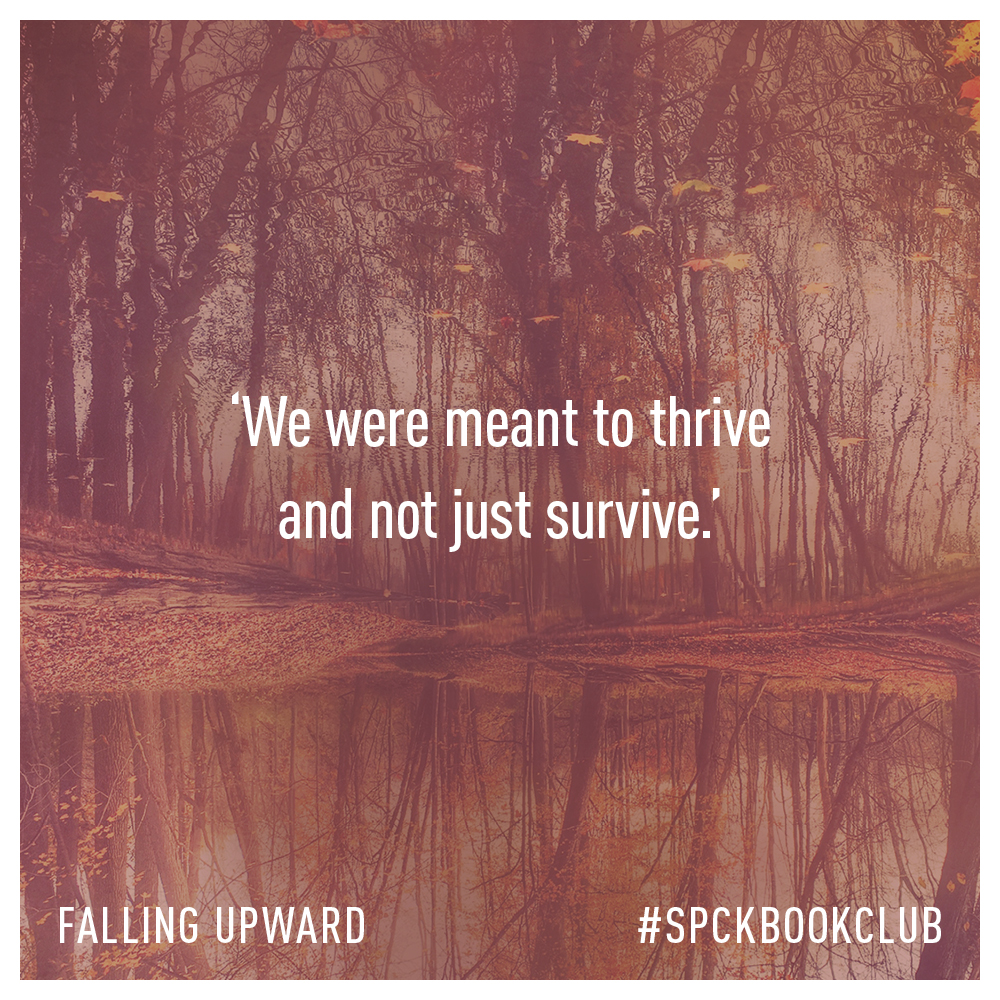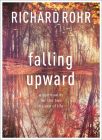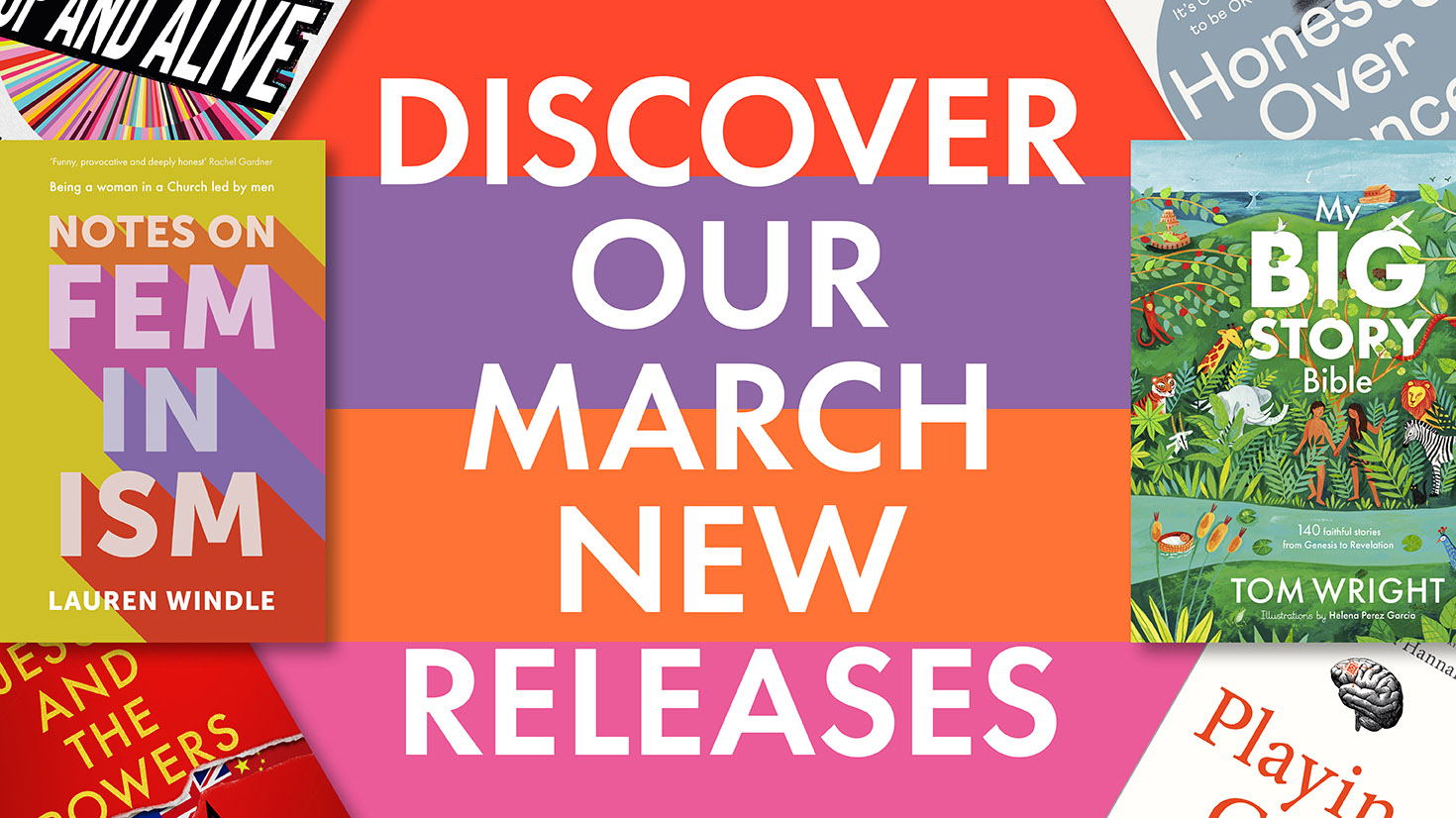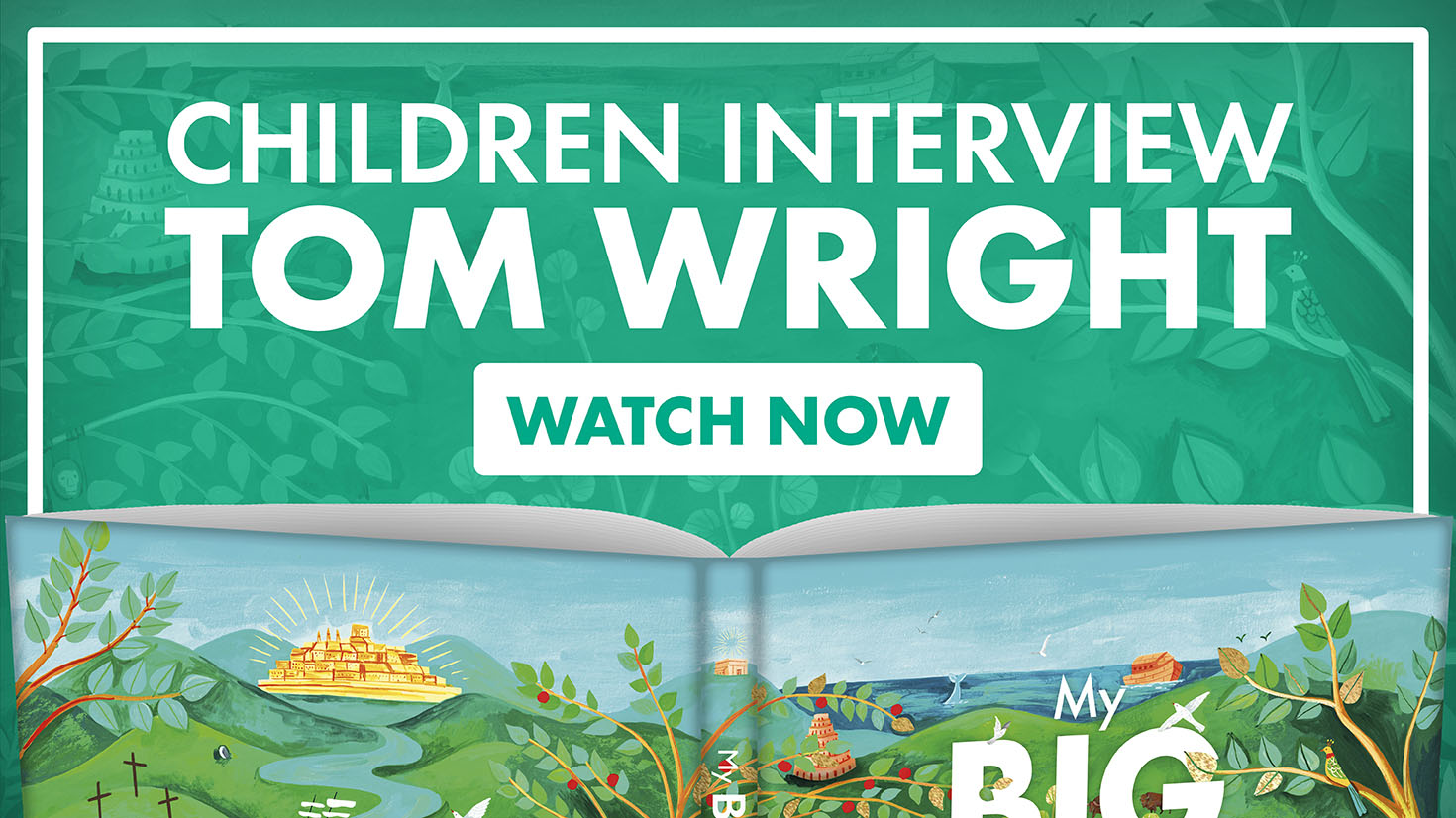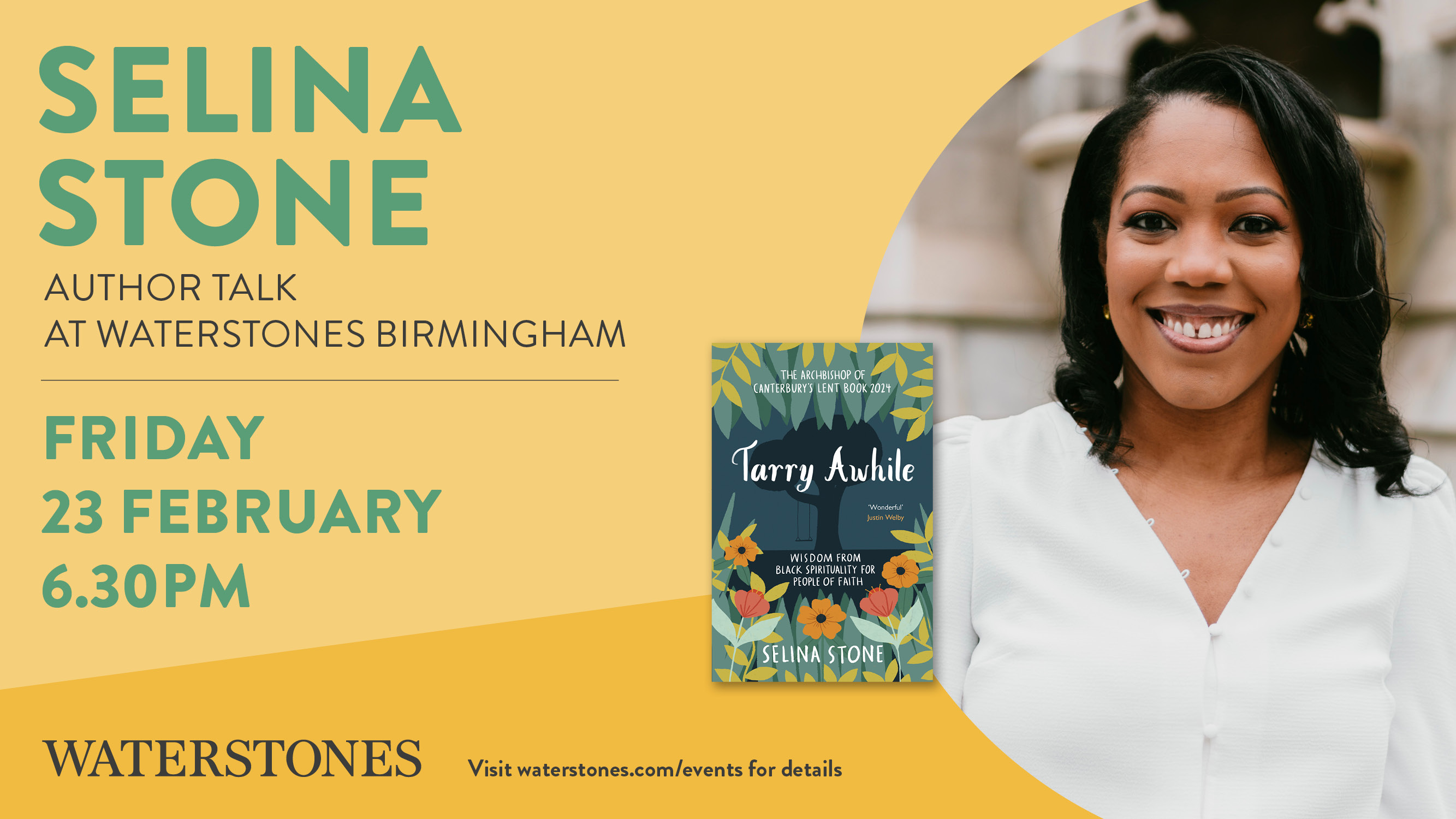We use cookies to make your experience better. To comply with the new e-Privacy directive, we need to ask for your consent to set the cookies. Learn more.
Christianity and poetry – how they often go together
We are all familiar with poetry of some kind. Most likely even studied an anthology or two at school. Maybe you know a poem by heart. But how much do we really know about poetry in the Bible?
Believe it or not, at least one third of the Christian Bible (and three quarters of the Hebrew Bible) is poetry. The majority of the Old Testament was written poetically and even the New Testament makes use of figurative language. Really, you ask? Yes, really!
We were inspired by Richard Rohr’s use of poems in Falling Upward to explore poetry in the Bible. Rohr highlights poems by Gerald Manley Hopkins, Egyptian poet C.P. Cavafy and references Mary Oliver, David Whyte and Denise Levertov. He even ends the book with a meditation on When in the Soul of the Serene Disciple by Thomas Merton.
Rohr describes poetry as a tool that ‘stirs something you can’t explain’ . Poetry is generally written to express truth, feelings and experiences, often using concrete images to reveal to us the spiritual. It strives to describe the heart of an experience, without the limitation of defining it. We’ve all experienced moments where words cannot express our feelings and poetry is a great way to combat this.
Many books of the Bible are written mostly or even entirely in verse such as the books of Psalms, Song of Songs, Proverbs, Lamentations and Job. Poetry was particularly popular with the prophets as seen in Isaiah 34. These books are largely considered to be written as poems because they were intended to be sung and therefore, easily memorized by anyone who read it.
As for why we often don’t notice the Bible’s poetry, The Ancient Hebrew Research Centre gives us a brilliant explanation. According to an article on their website, we are generally unfamiliar with the Hebrew style of poetry because we have a completely different logic! Nowadays, we think in ‘step logic’, whereby each event comes after the previous forming a series of linear events. Hebrews, however, thought in ‘block logic’, where similar ideas were grouped together but not chronologically.
Poetry in the Bible is used for many reasons. It can be often been seen in verses of worship, where God is praised or thanked for his deliverance, which makes up much of the Psalms. Writers even used it to voice their complaints as shown in Psalm 34. King David used poetry in his dirge for Saul and Jonathan in 2 Samuel 1:17-27 and Deborah used a poem in Judges 5 for a song of victory. The book Lamentations is a series of poems expressing the writer’s grief for the destruction of Jerusalem and The Song of Songs includes poems of love. And most importantly, Jesus used verse in the Sermon on the Mount, Matthew 5-7.
All these poems use a range of poetic devices we can easily identify. Verses are often synonymous, expressing the same thought in different words. Chapters are often chiastic, where the message is expressed in a descending and ascending order. Very often much of the Bible is metaphorical, where we have to compare verses with others to get its full meaning. But most commonly, Biblical poetry makes uses of parallelisms, where one idea is expressed, but illustrated in more than one way.
For example, let’s take a look at Psalm 119:105, ‘Your word is a lamp to my feet and a light for my path’. In English, the word ‘and’ suggests that what is described secondly occurs chronologically to what happens before. In Hebrew, the word ‘and’ links both statements as one, they are in actual fact the same thing. ‘Lamp’ and ‘light’, and ‘feet’ and ‘path’, are both parallel to each other and therefore exactly the same thing.
So why is the word of God full of so much poetry? John Piper of desiringGod.org provides a compelling reason. ‘God can raise the dead by any means he pleases. He can waken dull hearts to the reality of his beauty any way he desires. And one of the ways he please to do it is inspiring his spokesmen to write poetry’. Amen!
Poetry allows us to better emphasize with others and the lessons of the Bible. You may not have noticed, but this is one of the key reasons why we can easily able to apply the Bible to our own lives, as individuals and as God’s Church. The poetic word of God encourages us to explore its content deeper to find great meaning. Whether you get the feeling of contemplation or joy, I’m sure you have noticed the powerful physical effect of reading His Word!
So next time you read the Bible, look out for the poems in its pages and reflect on its truth in your own words.
Maybe even sing a song.
References:
https://www.myjewishlearning.com/article/the-conventions-of-biblical-poetry/
https://www.desiringgod.org/articles/god-filled-your-bible-with-poems
https://cac.org/poetry-and-religion-2015-10-01/



